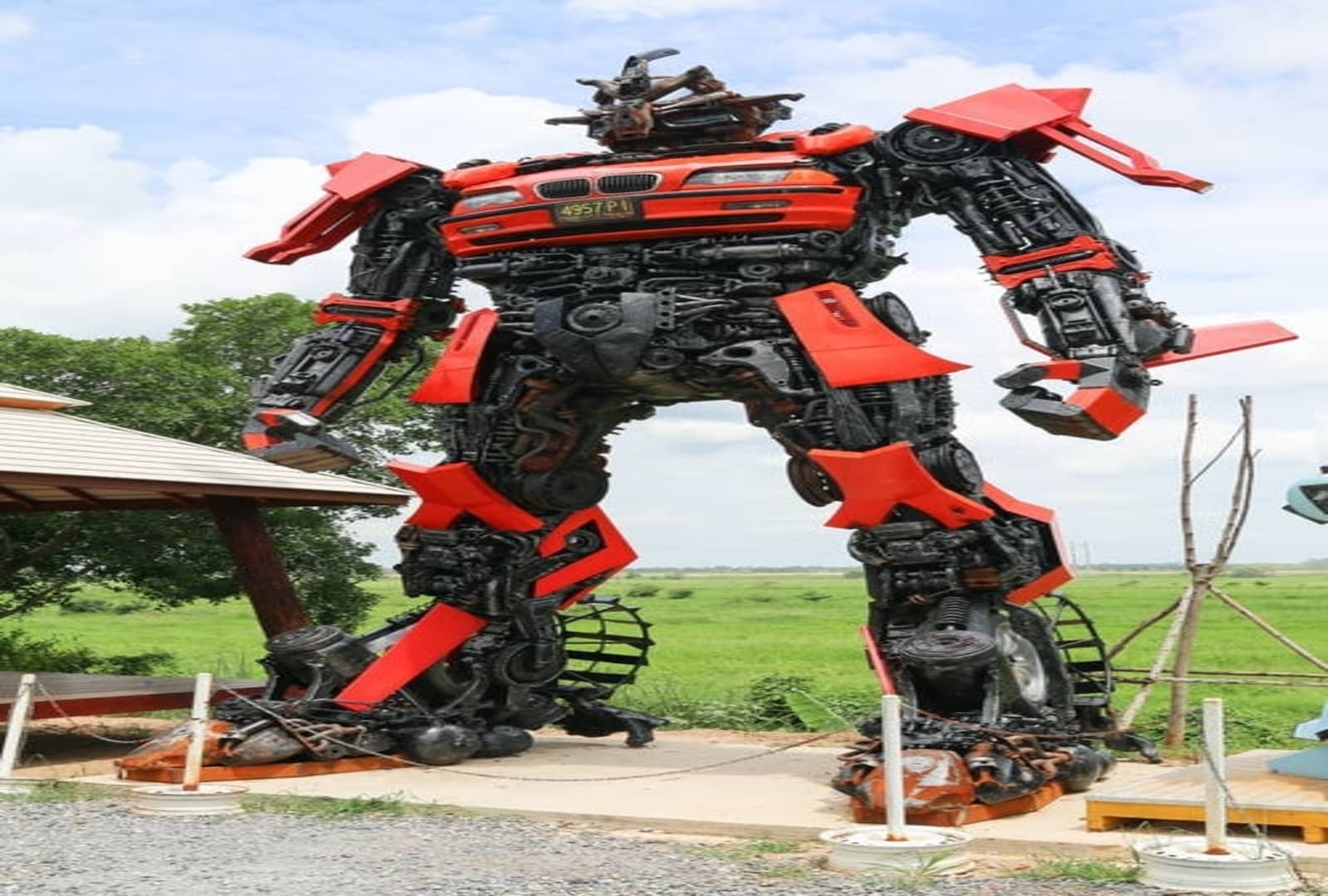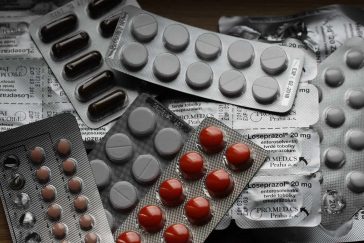Artificial intelligence in healthcare is the science that works on the development of intelligent machines that can think and work like human beings. Suppose we explain artificial intelligence in simple words. In that case, we can say that such a machine that can think and make timely decisions just like human beings is the best example of artificial intelligence.
Contents
What is Artificial Intelligence?
Nowadays, mobile phones are not uncommon for most people in the world, the person who uses it knows that the cell phone listens to us, reads our faces, and knows what is in our minds (that’s why it shows our desired results).
Have you ever wondered how it all happened?
We live in a technological and revolutionary age in which new inventions replace one or more technologies quickly. Artificial intelligence is one of them.
Artificial intelligence in healthcare:
Primarily in healthcare, artificial intelligence aims to prioritize machine decisions over human decisions. There is no doubt that machines cannot replace the human brain. But the human mind cannot perform many tasks; for example, the flight of an airplane is performing the computer.
Likewise, artificial intelligence in healthcare can play an essential role in the field of medicine. This Significant progress makes healthcare by finding the best solutions to health problems with artificial intelligence in less time and cost. AI is providing opportunities to improve health and treat diseases.
Modern artificial intelligence tools can test blood samples and record all patient data online with lower error rates. It can also predict in advance many health risks and analyze data to identify genetic information and trends that can cause a particular disease.
Radiology and AI:
Radiology, which uses medical imaging to diagnose and treat wounds and disease. Also, It can minimize the workload by doing tiresome tasks like segmenting structures. Automatically recognizing AI can improve qualitative and quantitative imaging for unusual and complex cases.
Artificial intelligence in medical diagnosis:
Biopharmaceutical companies use the artificial intelligence system (due to its efficiency and accuracy) to identify and develop new drugs. Artificial intelligence reduces the time it takes to discover new drugs and their costs.
In 2007, for the first time, there was a breakthrough in drug development. When research companies use a robot named adam. Adam processed billions of data to the hypothesis about 19 genes’ functions inside the yeast and predicted nine new genes with accurate assumptions.
Disease Diagnosis:
Artificial intelligence tools can use to diagnose the disease even before symptoms appear. Also, recent research suggests that artificial intelligence software may help detect lung cancer than a trained radiologist. In 87% of cases, it is analyzed that artificial intelligence leads to an accurate diagnosis.
some applications of artificial intelligence in healthcare diagnosis of disease are;
Chatbox:
AI chatbox uses speech recognition to identify patients’ conditions and recommend a proper course of action for the prevention of disease. Chatbox is one of the important use of Artificial intelligence in healthcare.
Oncology:
It is the medical specialty used to recognize cancerous tissues at a very early stage by using deep learning of algorithms.
Pathology:
It uses laboratory analysis of bodily fluids such as blood, urine, and tissues to diagnose the disease.
Facial recognition:
Facial recognition is diagnosed with rare diseases. In short, this software is combined with machine learning that analyzes patient photos to detect phenotypes associated with genetic disease.
Psychiatry:
In psychiatry, artificial intelligence uses computerized techniques and algorithms to diagnose and treat mental illness. AI can be an effective way to make a quicker and more accurate diagnosis. It also allows physicians to examine patients remotely.
Primary Care:
The provision of artificial intelligence is overgrowing. Thus, it is becoming increasingly important for decision-making, care management, symptom diagnosis, automated clinical coding, visual identification, and patient records analysis.
The latest artificial intelligence tools have given early success in more survival chances in traffic accident victims. And by estimating recovery chances after liver transplantation. In short, according to the research of virtual American College, artificial intelligence in medicine helps to support decision making in real-time.
According to research, 20% of deaths in road accidents are preventable if the accident victims are treated with quality
improvement efforts.
Telehealth:
Telehealth is the use of digital technology such as mobile phones and computers to access health care services remotely. It makes health care possible for rural and isolated communities. In short, Physicians have already been using
the Google Machine Learning Algorithm remotely to diagnose and treat diabetic retinopathy.
Artificial intelligence in healthcare in telehealth has serious potential to save lives, but successful medical AI needs time. IBM launched Watson for oncology six years ago, and it will be able to diagnose Twelve cancers account for 80% of the world’s cases. When health care and data science combine for medical treatment and procedures, we get electronic health
record (EHR).
Here AI algorithms are applied in EHR to improve data discovery for personalized medicine in telehealth. EHR update and organize data available at all times, and data is shared with all parties (laboratories, radiologists, pharmacies, physicians, etc.).
Electronic Health Record:
Last but not least, New technology always comes with advantages and disadvantages. Artificial intelligence will be a difficult transformation period that can wipe out many jobs when intelligent devices and machines perform automated(repetitive )tasks. So if we want to preserve our values, ethics, and employment, we have to prepare for the new AI era. Over time, things will change, so it’s vital to adopt a positive attitude towards AI development in our societies.
The artificial intelligence system involved in healthcare is bringing a significant change in the medical domain. To benefit from artificial intelligence for healthcare, there is a need to train people and give proper educational programs to the artificial intelligence developers, front-line medical teams humanists, patients, and patient caregivers. Everyone is involved in bringing and accepting good change in society.
Professional training programs of healthcare should add fundamental courses to properly teach how to use data science, artificial intelligence tools, and services.



















































